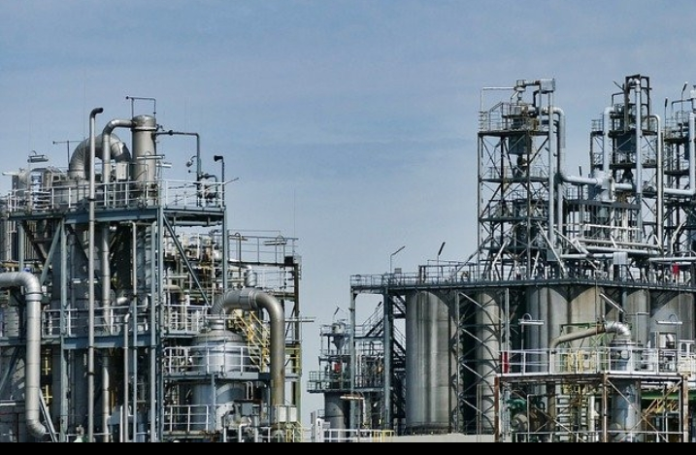The Senate has launched a fresh move to fix Nigeria’s troubled downstream petroleum sector, setting up plans for a far-reaching investigative hearing to uncover and address years of inefficiency, labour unrest, and regulatory confusion.
Chairman of the Senate Committee on Petroleum (Downstream), Senator Kawu Sumaila (Kano South), disclosed this in Abuja on Thursday in a statement that signaled the beginning of what lawmakers describe as a “sector-wide reform push.”
Sumaila said the initiative stemmed from resolutions adopted at the committee’s recent retreat and is captured in its Strategic Action Work Plan (Q4 2025–Q4 2026).
“This investigative hearing has become imperative,” Sumaila said, “given the lingering concerns surrounding private and public refineries, recurring disputes between labour unions and industry players, and allegations of transparency gaps in the system.”
The committee, he noted, will summon key stakeholders — including owners of private refineries, NNPC Limited, independent marketers, regulators, labour unions, and civil society — to make submissions on the root causes of instability in the sector.
Among the major issues to be examined are:
Operational inefficiencies in both private and government-owned refineries;
Disputes involving PENGASSAN and NUPENG; Allegations of crude supply breaches, overlapping regulatory mandates, and lack of competitiveness.
Sumaila assured that the Senate’s intervention will be fair, transparent, and inclusive, stressing that the ultimate goal is to reshape the roles of regulatory agencies under the Petroleum Industry Act (PIA), ensure industrial harmony, and enhance Nigeria’s energy security.
“We are determined to remove systemic bottlenecks, safeguard workers’ rights, and strengthen the downstream sector’s capacity to serve Nigerians effectively,” he added.

